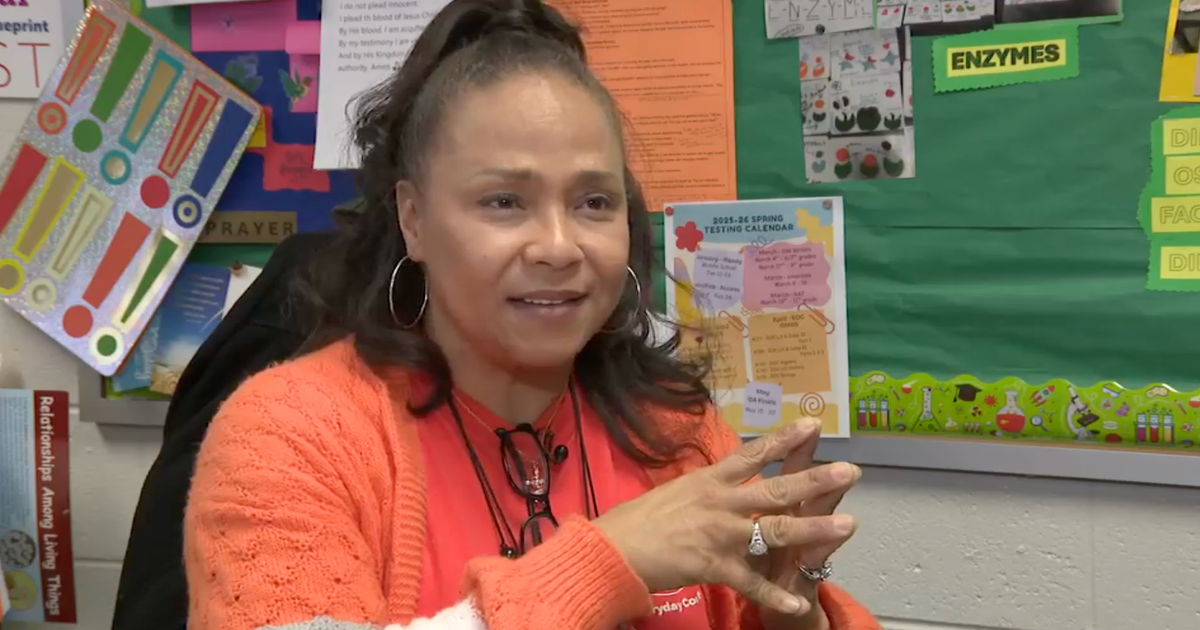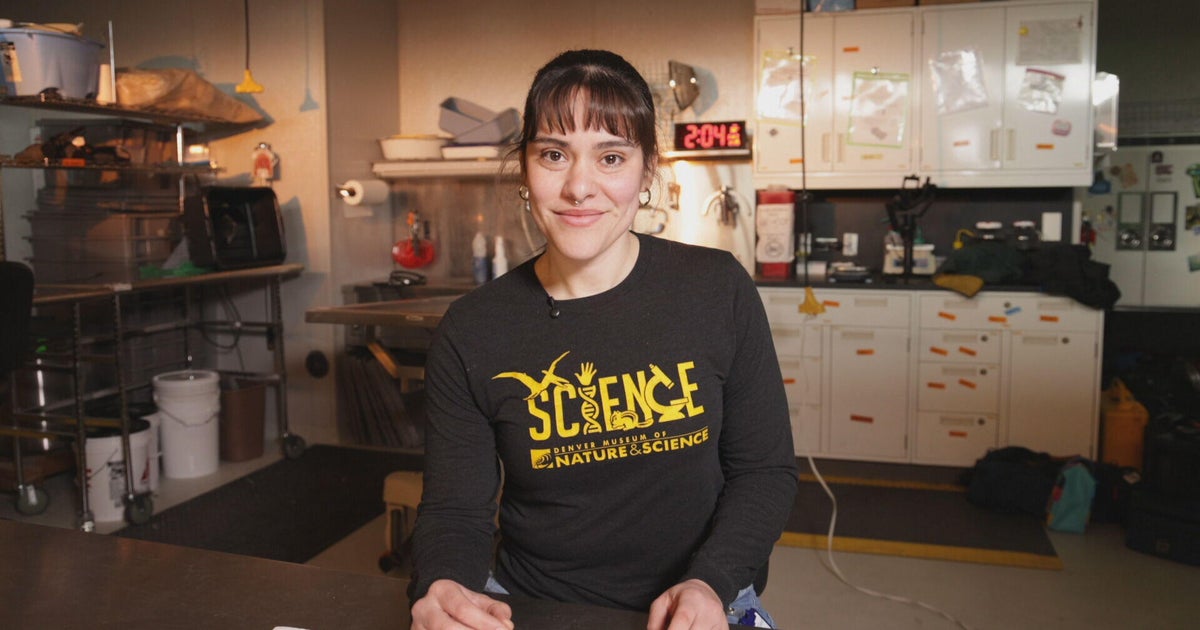Good Question: How Much Of Diabetes Is Genetic?
MINNEAPOLIS (WCCO) -- Paula Deen never said she was teaching us how to cook healthy food. But when she announced she's had Type 2 diabetes for three years, all the while instructing America on the virtues of butter, critics couldn't resist calling her a hypocrite.
But does poor eating lead to Type 2 diabetes, or is it all in the genes?
"We know you don't inherit diabetes in a simple manner," said Dr. Nolawit Tesfaye, an endocrinologist and diabetes specialist at Hennepin County Medical Center.
The research is quite complicated, according to Tesfaye. Clearly, there's a correlation between obesity, inactivity and diabetes, but there also is a genetic predisposition to people with diabetes.
"Geners aren't the only explanation, but environment is not necessarily the only explanation either. It's a complex interaction between these two things," she said.
According to the American Diabetes Association, about 20 million Americans have diabetes. Type 1 is an autoimmune disease, generally showing up in childhood or teenage years.
But the vast majority -- in fact, 90 percent of cases -- are Type 2 Diabetes. That's when your body doesn't make enough insulin, or it loses the ability to use it.
"Actually Type 2 has a stronger link to heredity than does Type 1," said Tesfaye.
Again, according to the ADA, research on identical twins shows that when one twin has Type 1 Diabetes, the other twin has a 1 in 2 chance of coming down with the disease. When a twin has Type 2 diabetes, the other twin has a 3 in 4 chance of having it, too.
"I think disclosure can be your friend," said Steph Shimp, a co-owner of Blue Plate restaurant group. She owns The Lowry in Uptown, which serves healthy food, but lots of fatty stuff as well.
"I don't eat eggs Benedict with hollandaise every day. I think it's all about the choices I make," said Shimp.
She said if she were diagnosed with Type 2 diabetes, she would probably be inspired to look at the menu options her company offers. But she stressed that Deen's situation is more about how to manage her own brand.
"I think she could have let us in on what she was dealing with and done more good than not," said Shimp.
"We don't like to just blame it on genetics," stressed Tesfaye, pointing out that "what you eat makes a significant difference."
Research indicates that eating right and exercising can delay the onset of diabetes and even keep it away forever.
Plus, as doctors try to understand how factors like poor diet and exercise interact with genetics, they also acknowledge that a family history of diabetes may be influenced by the fact "a lot of families have shared eating habits," according to Tesfaye.
The reality is: you can't do anything about your genetics, but you can do something about your diet and exercise habits, she said.







